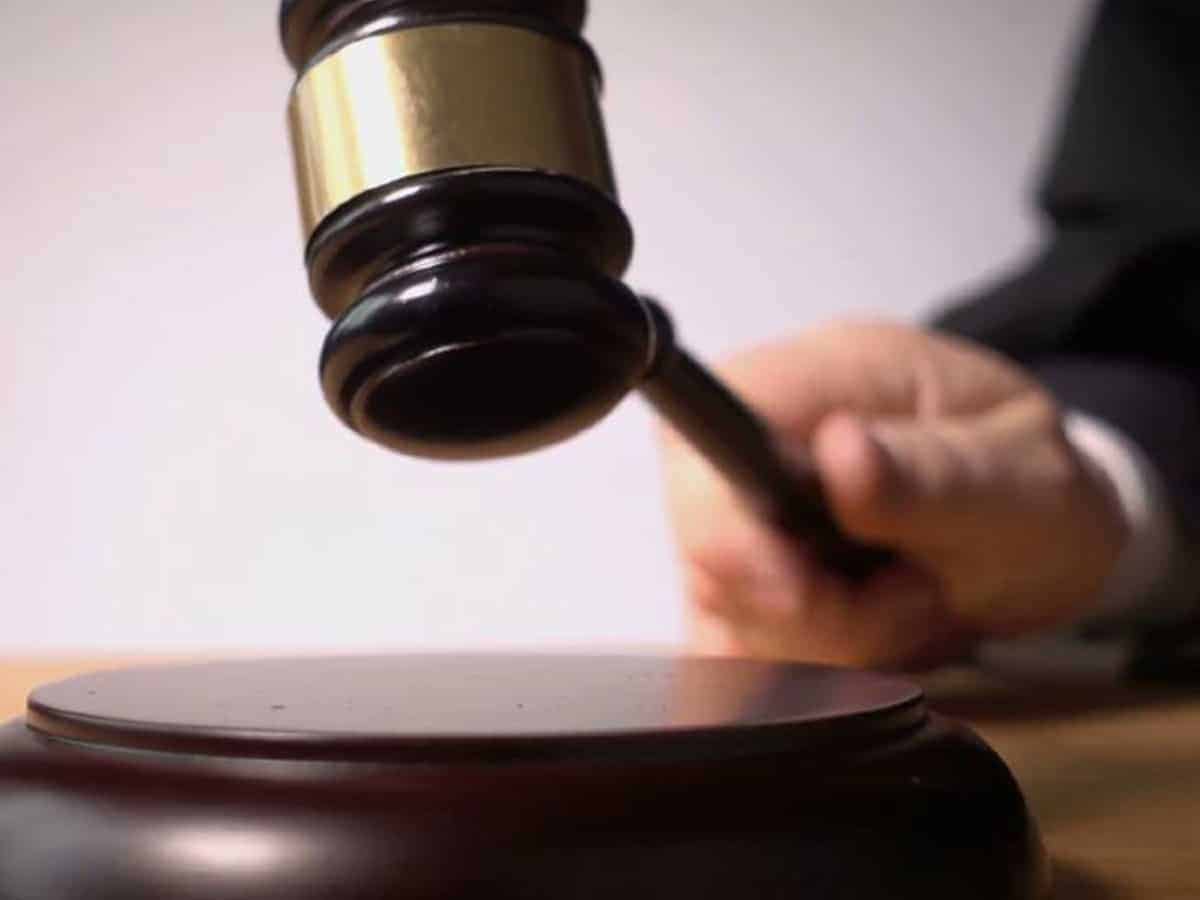New Delhi: A trial judge, who has been critical of the “callous and farcical” probe of Delhi police in some riots cases of 2020 and had once observed that failure to conduct a proper investigation will torment “sentinels of democracy,” was on Wednesday transferred to another court in the national capital.
Additional Sessions Judge (ASJ) Vinod Yadav has been hearing several riots cases at the Karkardooma District Courts here has been transferred to New Delhi district’s Rouse Avenue Court as Special Judge (PC Act) (CBI) in place of Judge Virender Bhatt who will now be holding the post of ASJ in Karkardooma court.
The public notice issued by the Delhi High Court listing the names of the judges who have been transferred said: “Hon’ble the Chief Justice and Hon’ble Judges of this Court have been pleased to make the following postings/transfers in the Delhi Higher Judicial Service with immediate effect.
The judicial officers under transfer have been directed to notify the cases in which they have reserved judgements or orders before relinquishing the charge, the public notice undersigned by Registrar General Manoj Jain said.
ASJ Yadav, a day before his transfer, came down heavily on Delhi police saying ‘Police witnesses are lying on oath’ and giving contradictory statements.
The observation came during the hearing of a northeast Delhi riots case after one policeman identified three alleged rioters but another said that they could not be identified during the investigation.
“This is a very sorry state of affairs,” Yadav had said and sought a report from the Deputy Commissioner of Police (northeast) in this regard.
The judge has been disapproving the investigation conducted by the Delhi Police in some of the riots cases and has pulled them up at times for a “callous and farcical” probe and even imposed a fine, which was later challenged in the high court.
In the last few months, he has repeatedly sought the intervention of Delhi Police Commissioner Rakesh Asthana to monitor the probe and take action against the erring police officers.
In September, he had come down heavily on the police, saying that their failure to conduct a proper investigation will torment the “sentinels of democracy” when history will look back at the worst communal riots in the city since partition.
In another case, Yadav had said that the standard of investigation in a large number of 2020 northeast riots cases is “very poor”.
“This is really a sorry state of affairs,” he had observed in another case.
He also objected to the “wrongly-clubbed FIRs” and recently ordered the separation of a trial based on their religion.
Last year, the Delhi High Court had designated two sessions and two magisterial courts for the trial of communal violence cases registered in northeast and Shahdara districts of the national capital.
Communal clashes had broken out in northeast Delhi in February 2020, after violence between the Citizenship (Amendment) Act supporters and its protesters spiraled out of control leaving at least 53 people dead and over 700 injured.

